There are also a number of less intrusive alternatives to Conservatorship that families may use to financially protect an elderly relative. Options include:
- Joint Bank Accounts: A joint bank account can be established to help manage money, save funds and write checks.
- Representative Payee: If your parent receives Social Security benefits or other state or federal benefits, a trusted person can be named as the representative payee to receive and help manage the benefits. Read more at www.ssa.gov/payee/
- Trust: A trust can be established, naming someone else as Trustee to help manage and invest your loved one’s Estate.
How We Can Help
Zalkin Law Firm represents families who are concerned about the financial well-being of an aging family member. We are knowledgeable in the clinical and legal issues affecting individuals and families who are thinking about pursuing Conservatorship. We can help you determine whether Conservatorship is the most helpful solution or if another, less intrusive alternative is more appropriate. Sometimes Conservators have to make unpopular decisions, and family relationships become strained. When suitable, one of our lawyers can act as sole Conservator, or as co-Conservator along with a family member, allowing the family to make the more routine decisions while we make the unpopular decisions or set limits.

